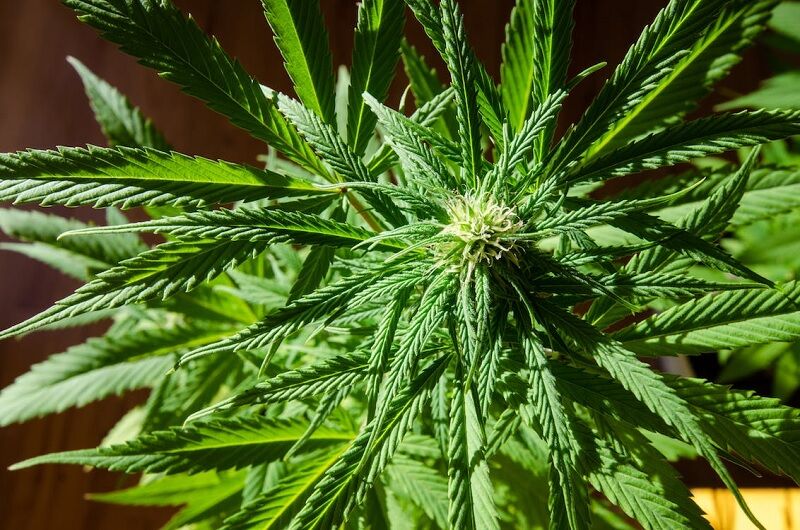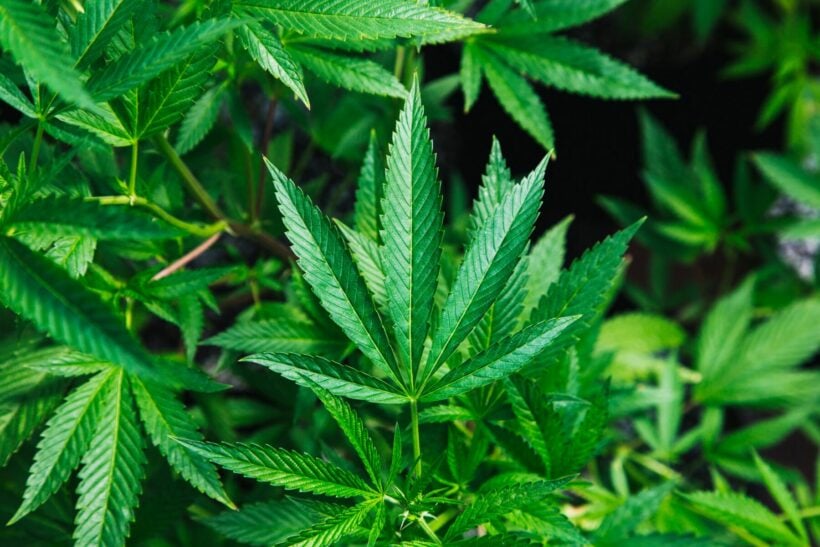The journey of cannabis quality control in Thailand

Navigating the world of medical cannabis in Thailand? It’s crucial to understand the stringent quality control measures in place. Thailand’s approach to regulating medical cannabis sets a benchmark for product quality and safety, ensuring that every step of production meets both local and partner requirements.
The new cannabis-hemp act
Thailand is set to introduce the Cannabis-Hemp Act. This groundbreaking legislation aims to tightly regulate the cultivation, extraction, processing, and use of cannabis and hemp. It represents a pivotal step toward ensuring safety and quality control in the burgeoning industry.
Regulations: Under the Cannabis-Hemp Act, specific rules govern how one can grow, process, and sell cannabis and hemp products. These regulations are crucial for maintaining high standards across the board.
Actions: Authorities will enforce these regulations vigorously. This includes monitoring cultivation facilities, ensuring proper processing methods, and controlling the distribution of cannabis and hemp products.
Reasons: The primary goal of these stringent measures is to safeguard public health. High-quality control standards prevent the sale of contaminated products, thus protecting consumers from potential health hazards.
Why quality control is essential
Quality control in the cannabis industry is not just about compliance; it’s about ensuring the safety and efficacy of products that reach consumers. Here’s why it matters:
- Safety: By adhering to rigorous quality control measures, Thailand ensures that cannabis products are free from harmful substances, such as pesticides or heavy metals.
- Efficacy: Quality control also guarantees that medical cannabis products contain the advertised levels of CBD and THC, delivering the intended therapeutic effects.
- Trust: When consumers have confidence in the quality and safety of cannabis products, it fosters a positive perception of the industry, paving the way for its growth and acceptance.
Why are Thailand’s cannabis rules changing so soon?
The shift in Thailand’s cannabis regulations reflects a dynamic legislative landscape aimed at bolstering the medical cannabis industry while ensuring public safety. As you navigate the evolving cannabis market, it’s vital to grasp the drivers behind these regulatory modifications.
Swift adaptations for industry growth
Thailand’s journey toward becoming a leader in the medical cannabis sector necessitates agile governance. The swift changes in cannabis rules stem from the need to address gaps and strengthen the framework for cultivation, extraction, and distribution. This approach enables the industry to thrive, ensuring innovations and quality control measures align with international standards.
Enhancements in quality control measures
Quality control stands at the forefront of these regulatory changes. As Thailand’s market opens, the emphasis on stringent quality assurance practices from seed to shelf becomes non-negotiable. These practices include rigorous testing for contaminants and potency to guarantee safe and effective products for consumers. Here’s how quality control facets impact regulations:

- Personal hygiene: Ensuring individuals involved in the cultivation and processing adhere to high cleanliness standards.
- Cultivation knowledge: Enhancing skills related to the growth and harvesting of cannabis to improve product consistency.
- Processing expertise: Implementing superior extraction and formulation techniques to maintain product integrity.
Protecting public health and safety
The pivot in cannabis regulations also underscores the commitment to public health and safety. By setting robust product standards and monitoring compliance, the government aims to mitigate any risks associated with cannabis consumption. These actions reflect a careful balance between fostering innovation within the cannabis sector and safeguarding the well-being of the populace.
Understanding these regulatory shifts is crucial for anyone looking to engage with Thailand’s cannabis market effectively. By keeping informed, you’re better placed to navigate the landscape with confidence, ensuring compliance and capitalizing on emerging opportunities in this burgeoning sector.
Ensuring quality for visitors
As you explore the vibrant cannabis scene, you’ll notice that Thailand has not taken its position lightly. With over 2793 permissions granted for cannabis cultivation, including 343 specifically for cultivation as of December 2021, Thailand is setting the pace in the region. The focus here is not just on quantity but on the unmatched quality. Rigorous testing for pesticides, standardisation of THC and CBD levels, and a certification process for growers underline the country’s commitment to safety and effectiveness. These measures ensure that both locals and visitors enjoy the highest quality products, with the trust that what they’re consuming is safe and regulated.
Impact on the industry and tourism
The government’s stringent quality control measures have a dual purpose. Firstly, they protect public health by minimising risks associated with contaminated or subpar products. Secondly, they bolster Thailand’s reputation as a premier destination for cannabis tourism. By prioritising quality, Thailand not only caters to the immediate needs of weed tourists but also sets a benchmark for the global cannabis industry. This dedication to excellence attracts international interest, drawing visitors from across the globe eager to experience Thailand’s unique cannabis offerings.

As the industry continues to evolve, the role of quality control cannot be overstated. High-quality, safe cannabis products are at the heart of a positive tourist experience and are pivotal in strengthening Thailand’s position on the world stage. The measures in place ensure that Thailand remains at the forefront of the cannabis tourism wave, inviting you to explore and enjoy with confidence.
Cannabis quality control in Thailand
Navigating through Thailand’s cannabis market reveals a complex picture of evolving regulations and practical actions aimed at ensuring quality control. Here’s why it’s pivotal and what’s being done about it.
- Public health protection: Poor-quality cannabis poses significant health risks. To combat this, Thailand has introduced rigorous testing protocols for pesticides and contaminants. The goal is simple: safeguard public health by guaranteeing the purity and safety of cannabis products.
- Standardization of THC and CBD levels: By regulating the levels of THC and CBD, Thailand ensures that products meet specific standards conducive to medical treatment. This is crucial for both efficacy and safety.
- Certification for growers and producers: To further elevate product safety and quality, growers and producers must undergo a certification process. This ensures only qualified entities participate in the cannabis market, thereby maintaining high standards.
- Impact on cannabis tourism: With a growing interest in cannabis tourism, maintaining high quality is key to sustaining and enhancing Thailand’s appeal as a premier destination. Quality control doesn’t just protect locals but also ensures tourists have a safe and enjoyable experience.
If cannabis has been your relief but you’re seeking balance, discover our guide, Simple Steps to Manage Your Cannabis Tolerance effectively.
Latest Thailand News
Follow The Thaiger on Google News:


























